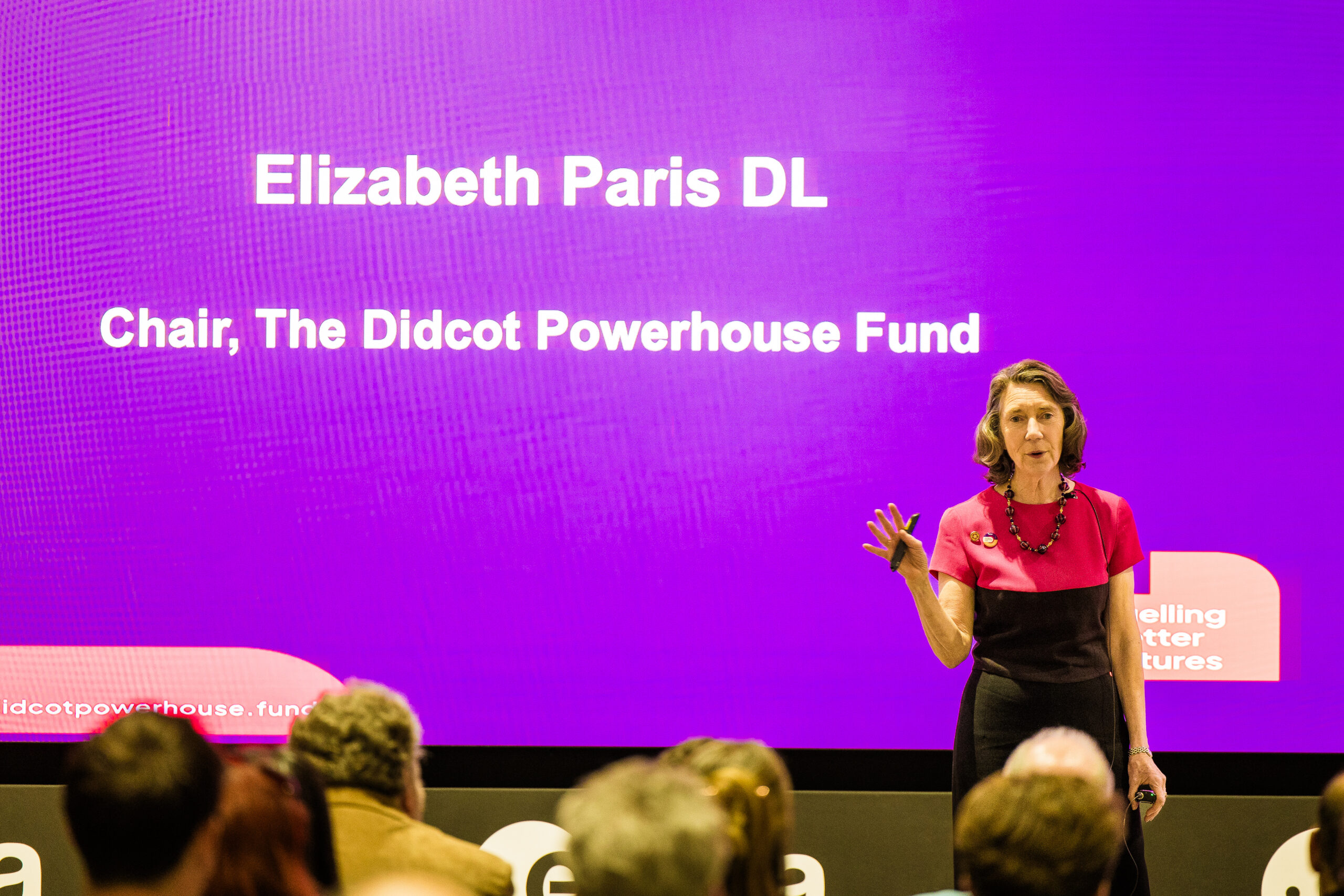
Human touch a USP in the global AI race – Oxford Dynamics’ story
As Joe Biden calls together the world’s most powerful tech companies for a ‘crisis summit’ on AI, Shefali Sharma is a striking outlier – a young woman of colour, co-leading one of the UK’s most innovative AI firms – and who is inspired by a 10-year battle against anxiety.
Shefali is one of three founders running Oxford Dynamics – which aims to use AI to solve some of the world’s biggest challenges.
Among those projects is Empathy – an AI-enabled app which provides human-like emotional support 24/7 for people who are lonely or struggling with mental wellbeing issues.
It’s a professional and personal highlight for Shefali, who battled anxiety through her early entrepreneurial career. She said: “There was a point when every other day I felt overwhelmed. My anxiety felt like being on a rollercoaster, and then it suddenly drops. Therapy was essential but it was always done in hindsight. What I really wanted in those moments of distress was empathy – and I realised early on with the support of my co-founders, Eddie & Mike that we could utilise artificial intelligence to help solve this problem.”
“It brings me so much joy to be part of a project, with a really motivated team, in which every conversation is about how can we make empathy more widely available and democratise mental wellbeing,” she said.
And it’s that human touch which has helped the company, co-founded by Dr Eddie Jackson, Shefali Sharma and Mike Lawton , and based at Harwell Science and Innovation Campus in Oxfordshire, to scale up rapidly while self-funded, without the need for any venture capital or private equity funding so far.
Conversational AI
Another priority innovation is the development of ‘conversational AI’ – a tool for searching through, condensing and analysing reams of information. Unlike other automated services, the OD solution can ingest real-time data as well as information provided by the user such as PDFs, documents and even images, to allow for novel information interrogation via a human-like conversation with the tool.
According to Mike Lawton, use cases could include industries like finance, medical and legal, where the technology could quickly trawl through evidence to find relevant content such as emails, or specific aspects of a case.
You could ask: “Did Peter ever mention the cost of computer hardware?’, and it would say: ‘Yes, Peter did’ – and reference specific sections in the relevant correspondence and documents. It doesn’t even need a cloud server – it can be run on a user’s own network with bespoke security and firewalls to ensure data protection,” added Mike.
“We think it’s going to save users a huge amount of time whilst increasing confidence that they have the most complete and accurate answer to their query.”
Space Domain Awareness
A third project is a testament to not only Oxford Dynamics, but also the power of collaboration at Harwell. The team joined forces with their park neighbour, Lumi Space, which specialises in producing LiDARs – sensors that use laser reflections to measure distances.
Working collaboratively, the two firms secured a grant from Innovate UK to help develop an AI solution for Space Domain Awareness. That means enabling satellites to have ‘self-perception’ about where they are in space and be directed via semi-autonomous on-board technology. It could mean that ground controllers no longer have to use manual processes to move satellites on orbit – at a time when their numbers, and the associated admin burden, are rising exponentially.
Harwell: A Hub for Ideas
All of Oxford Dynamics’ innovations are being nurtured at Harwell Innovation Campus – one of the UK’s leading hubs for game-changing scientific and technological businesses.
“Harwell is the very best hotbed for cutting edge companies and it’s a community. There are amazing networking opportunities here, which is key when lots of government grants often depend upon collaborative working.
“Harwell’s got a £300 million facility for testing space hardware on site. But we always joke that the coffee shop is the most useful facility here because you get to network and problem solve with so many different smart people in one place.”
Mike Lawton, co-founder of Oxford Dynamics
It couldn’t be happening at a more pertinent time.
A USP in the global AI race
Oxford Dynamics spoke to Harwell at the height of a global AI race, with US president Joe Biden calling in Google, Tesla and other global brands to discuss potential concerns about safety, privacy and civil rights.
But Mike Lawton doesn’t see the size and scale of the competition as a direct threat.
“Of course, Elon Musk has called for a hiatus while he pulls together his own AI company,” he said. “Tech giants operate in a very different way to us; they seem to be racing to find a problem for a solution. Their carbon footprint is horrendous because they’re reliant on huge farms of servers. But we can our technology on a customer’s existing IT infrastructure – and we genuinely want to produce technology to reduce our impact on the planet.”
And that business value is borne out in the culture of Oxford Dynamics and the ground-breaking work ethic of its team – which founders say is critical to its success.
Shefali added: “We are not hanging around. Our team are amazing, with so many ideas. We are focused on development and commercialisation and hope to have a minimum viable proposition for our Empathy platform as well as other products within a year. We welcome interest from businesses for pilot use cases. This technology can be used in so many industries – we are industry agnostic.”
FACT BOX
Founded in 2020
Employee growth 3- 14
Vision – To help solve some of the worlds toughest data challenges with AI
Speciality/Focus- Developing a range of next-gen AI based tools that process data in a much more human-like way
Key member of Space Cluster


